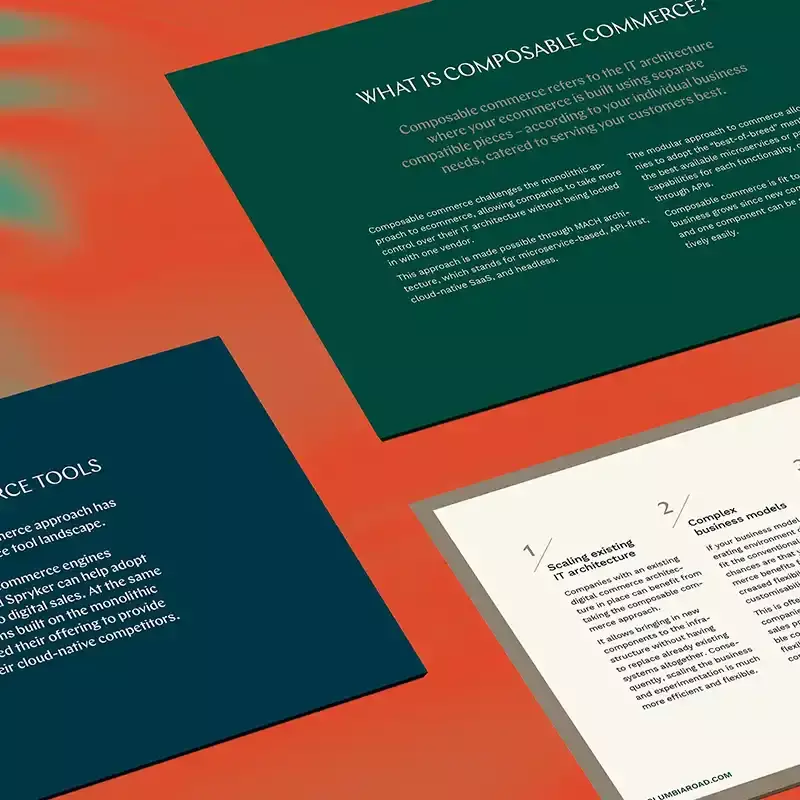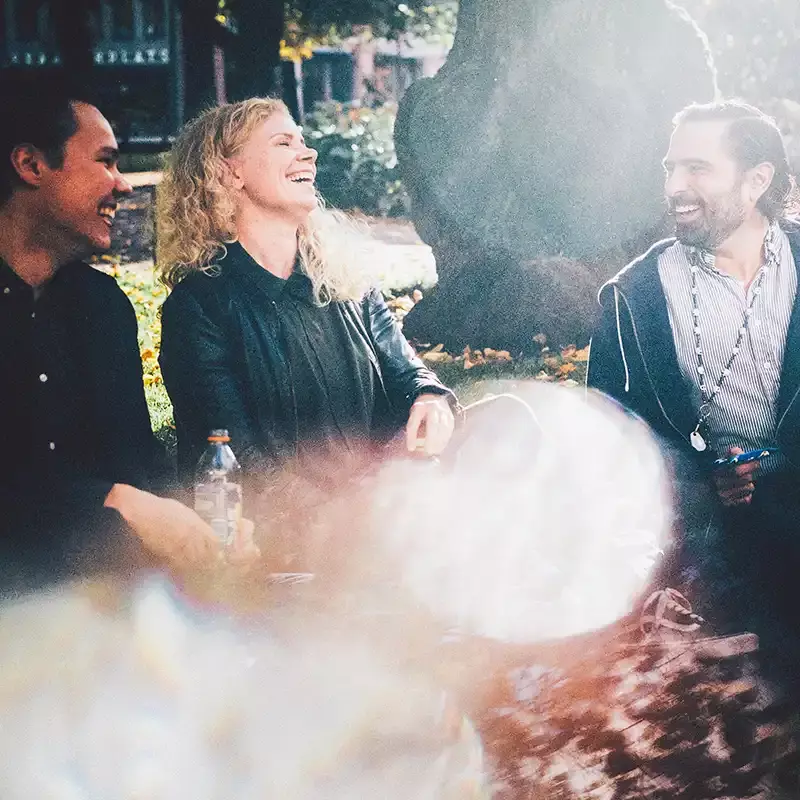The Data Handbook
How to use data to improve your customer journey and get better business outcomes in digital sales. Interviews, use cases, and deep-dives.
Get the bookA sense of accomplishment ran through me as I recently saw our data showing a 0% pay gap when looking at gender. We have worked systematically to get here, and I wanted to share a few key success factors that can also be implemented at other companies. So, how did we get here – and how can you do it too?
Since our one-room office on Eerikinkatu, diversity, equity, and inclusion have been at the very core of Columbia Road. With our culture built on trust and transparency, it was clear early on that we needed to create a salary model that endures internal and external scrutiny. A guiding principle has been that should all salaries become public knowledge, we wouldn’t change a thing.
When building the systematic approach, our community-led culture and shared leadership have defined much of the processes. Here, I’ll go through the cornerstones of the model we use.
What is Salary Fairness?
Our compensation process is called Salary Fairness (SaFa), which refers to the discussions where employees’ salaries are evaluated to ensure that all employees are compensated fairly in relation to their peers.
We aim for an open and fair (to the extent that regulations allow) compensation model. For example, both the seniority-level framework and pay ranges are public information within the company, and we always celebrate together as a company when seniority levels change.
The SaFa discussions involve a versatile group of people from different competencies who work together to ensure that employees with similar professional skills are compensated fairly. The SaFa discussions include representatives from business, HR, and each competency area's peer representatives.
The SaFa participants are not fixed, and every employee has the possibility to apply to join competency-specific HR task forces. From a fairness perspective, it’s been a good practice to occasionally rotate the people participating in the SaFa discussions to bring new perspectives, eradicate biases, and keep the process healthy.
Distributed decision-making based on holistic feedback
Maybe the most unusual part of our compensation process is how distributed the decision-making is. First off, we don’t have fixed budgets for salary increase rounds, which is essential for being able to make wider adjustments that keep salaries aligned. Secondly, we have not decided on specific amounts of increases before the SaFa rounds – the number of individuals who get a pay raise is based solely on the SaFa discussions. Of course, we are running a business with ambitious targets so it does not mean we give raises every round to everyone.
The comprehensive review process that happens prior to SaFa discussions focuses on an individual’s skills and substance competency. Participants of the SaFa discussions ensure that we gather enough good quality feedback from peers and clients, making sure we have a truthful, holistic view of everyone’s skills and contribution to the evaluation. No one’s salary development is reliant on asking for raises or connections or based on one person’s opinion.
We utilise technical solutions for gathering feedback throughout the year, but most important are the one-to-one calls where peers and clients have an opportunity to give feedback, praise, and suggestions for improvement. In addition, it’s good to understand that SaFa discussions aren't performance reviews, and we have other processes supporting employees' professional growth.
The final decisions on salary raises are formed together in the cross-functional SaFa discussions where everyone’s voice is equal.
An additional layer of cross-checking happens during each recruitment process. We think of them as small-scale SaFa discussions, where we need to consider the market level, our own pay ranges, and the salary request. To maintain fairness at the company level, we follow our salary framework to the tee, making SaFa and recruitment discussions equally crucial for new and existing employees, as they both function to align everyone’s salary levels. Sometimes, it means that a candidate we would love to hire decides not to join us; sometimes, we offer a higher salary than the candidate has requested.
Yet, it is essential to note that even this model, in all its fairness, is not without faults and requires updates from time to time. We are committed to keep iterating the process to make sure we keep making it better. By critically assessing the program and listening in on the feedback Roadies have on the model, each year, we’ve discovered something that can be improved in the process to increase fairness, transparency, and impact.
The impact of the model
Due to the SaFa process enjoying the trust of our employees, salary negotiations are a rarity in our company. The current 0% pay gap between genders results from the SaFa process working as designed – we haven’t taken any extra actions to get here. I’m very grateful for our founding team, who understood the importance of pay equality right at the beginning, making it possible for us to be where we are today.
If you would ask for advice on how to get started with a more distributed compensation framework, I could sum it into two notions: give trust to your employees and have the courage to stay true to your and your company’s values.
And lastly, on a personal note, diversity, equity, and inclusion are close to my heart, and I love to discuss the topic. I recently launched a new podcast where we shine the spotlight on women executives with my Futurice Family colleague Katriina Kiviluoto. If you’d like to learn more about company cultures, work-life, and DEI matters, you’ll find good company at Bisnespäivä.
The Data Handbook
How to use data to improve your customer journey and get better business outcomes in digital sales. Interviews, use cases, and deep-dives.
Get the book



